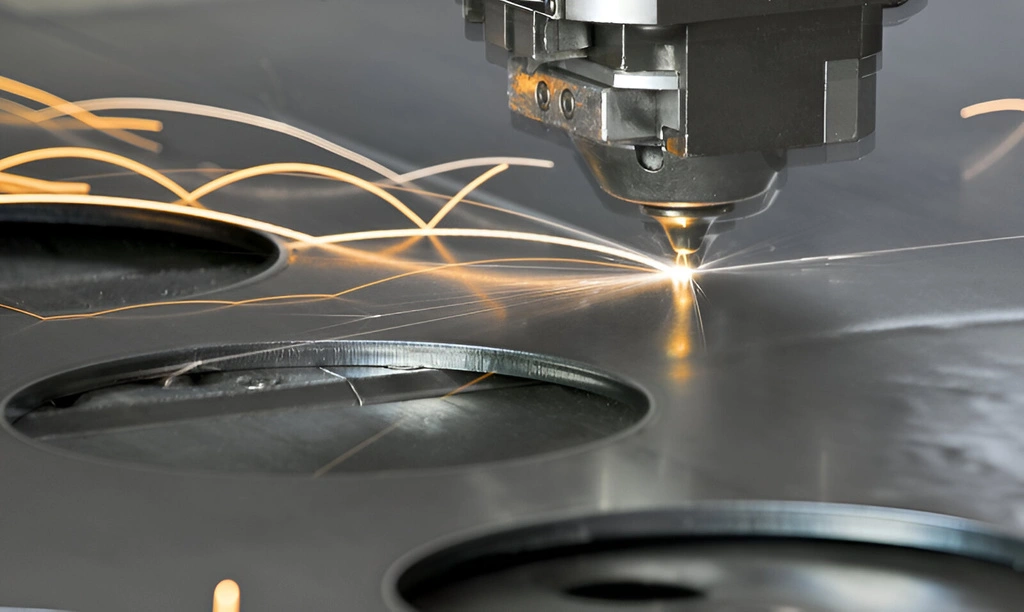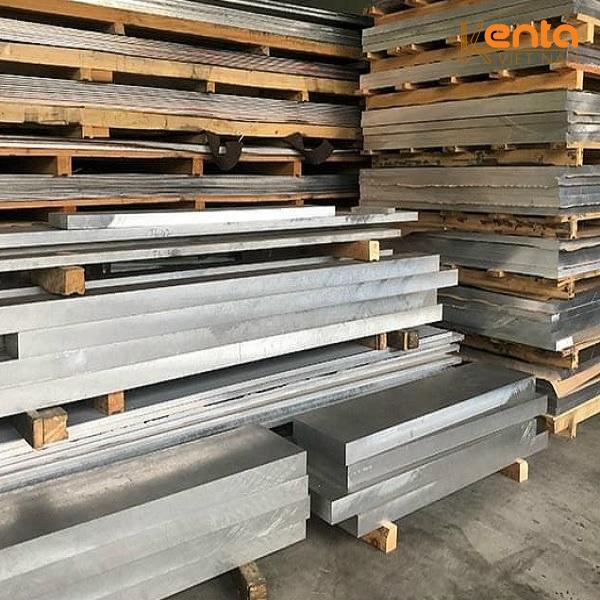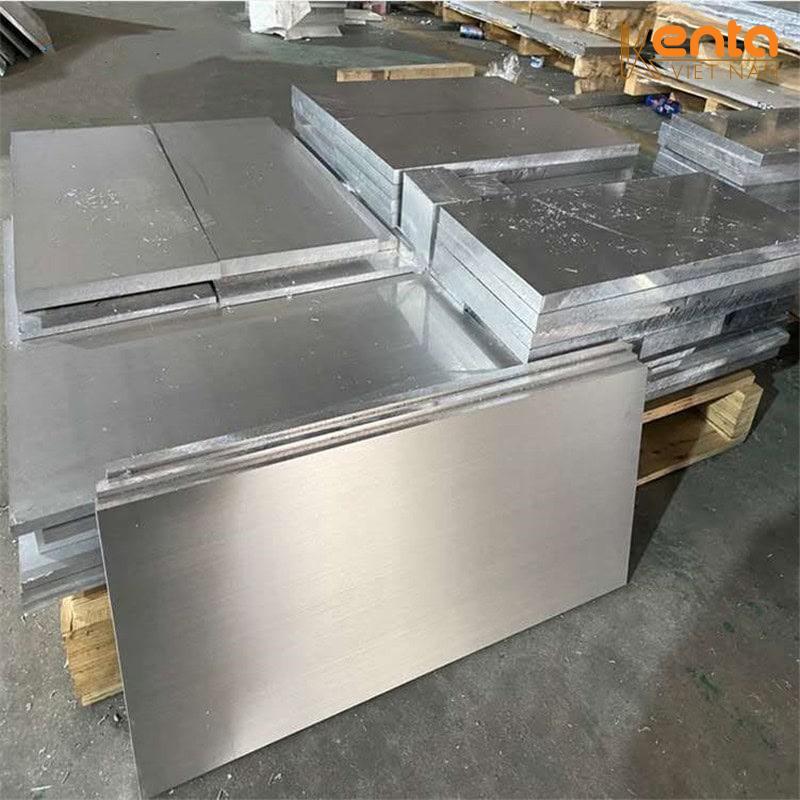Knowledge, Technology
Top 4 common types of aluminum sheets in mechanical manufacturing
In the modern mechanical manufacturing industry, aluminum sheet is not merely a substitute material for steel. With its lightweight properties, ease of processing, corrosion resistance, and high aesthetic appeal, aluminum sheet is increasingly appearing in engineering projects, molds, and industrial equipment. But among the myriad types of aluminum, which are the most common types of aluminum sheets in mechanical manufacturing? This article will help you identify and choose the right aluminum series for your needs.
Aluminum sheet and its indispensable role in the mechanical industry
Mechanical manufacturing always requires materials with good load-bearing capacity, dimensional stability, and ease of shaping during processing. Aluminum sheet, thanks to its lightweight and ductile characteristics, allows for optimized design while ensuring load efficiency. Compared to other metals, aluminum helps reduce product weight, reduce energy consumption during machine operation, and especially shorten processing time due to its sufficient softness.

In addition, aluminum's natural corrosion resistance is a major advantage. In humid environments or those with mild corrosiveness, such as chemical plants or outdoor mechanical workshops, aluminum sheets maintain their durability and aesthetics for a long time. These advantages have helped aluminum sheets gradually become the top choice in many modern production lines.
Most commonly used types of aluminum sheets
Aluminum Sheet 5052 with the advantage of being easy to bend and having good corrosion resistance. When it comes to common types of aluminum sheets in mechanical manufacturing, 5052 is often the first name mentioned. This aluminum series has relatively good strength, is easy to bend, and is very easy to process. What is special is that 5052 has excellent corrosion resistance, so it is often used in parts that must be exposed to humid environments such as technical enclosures, conduits, or outdoor machine parts. Another strength of 5052 is that its surface is easy to finish. If a glossy finish, paint coating, or anodizing is required, aluminum 5052 yields uniform and beautiful results, especially suitable for mechanical products that require aesthetic appeal.
Aluminum Sheet 6061 is a durable, easy-to-process, versatile aluminum sheet. Another type of aluminum very familiar to processing workshops is 6061 aluminum. This is an alloy aluminum series with high tensile strength, is easy to weld, and can be processed by all common processing methods such as milling, turning, and drilling. Therefore, 6061 is often used in manufacturing machine frames, forming molds, or moderately stressed mechanical structures. Not only durable, 6061 aluminum also provides stability in construction. Products made from this aluminum are less prone to warping, cracking, or deformation when subjected to heat – a big plus for manufacturers requiring high precision.
Aluminum Sheet 7075 is the choice for heavily loaded parts. Among the common types of aluminum sheets in mechanical manufacturing, 7075 aluminum is a specialized material for applications requiring very high hardness and load-bearing capacity. With strength almost equivalent to steel, 7075 is used in important machine parts such as rotating shafts, pressing molds, and heavy-duty support frames. Although it is not easy to weld and has a higher cost, if your product needs a material that is both light and durable, and operates stably for a long time, then 7075 is a worthwhile investment.
Aluminum Sheet 1050 is a type of aluminum with good electrical conductivity and is easy to process. If you are looking for an aluminum type that is easy to stamp, easy to cut, and has good electrical and thermal conductivity, then pure aluminum groups like 1050 or 1100 will be very suitable. These types are often used in technical parts that do not require high load-bearing capacity, such as electrical conductor plates, equipment masks, protective casings, or simple accessories in electromechanical systems. Although the hardness is not high, the softness and flexibility of this aluminum series help speed up processing and significantly save production time.
Notes when choosing aluminum sheets for mechanical processing
Choosing the right type of aluminum is a key factor in ensuring product quality. Not all types of aluminum are suitable for all projects. If only simple parts are needed, with little stress, using 1050 or 5052 aluminum is sufficient. But for products that require durability,high precision or constant force, then 6061 or 7075 are the right choices.

Additionally, attention should be paid to weldability, thermal expansion, and surface treatment when deciding which aluminum alloy to use. A reasonable choice will help save time, reduce risks, and improve construction efficiency.
Conclusion
A clear understanding of common aluminum sheet types in mechanical manufacturing not only helps you choose the right material but also optimizes the production process, ensuring quality and saving costs. Depending on the purpose of use, each aluminum series will leverage its own strengths. The important thing is to accurately identify your needs and work with a reputable supplier for precise consultation and complete technical information.
Kenta VietNam is a reputable distributor of industrial aluminum sheets and welding materials, always ready to accompany mechanical workshops, contractors, and businesses in all production projects. With genuine products, full COCQ, clear origin, and a team of technical experts who understand materials – Kenta is committed to providing effective – accurate – economical solutions for all processing needs.




















